South Africa and China: The Making of a Partnership
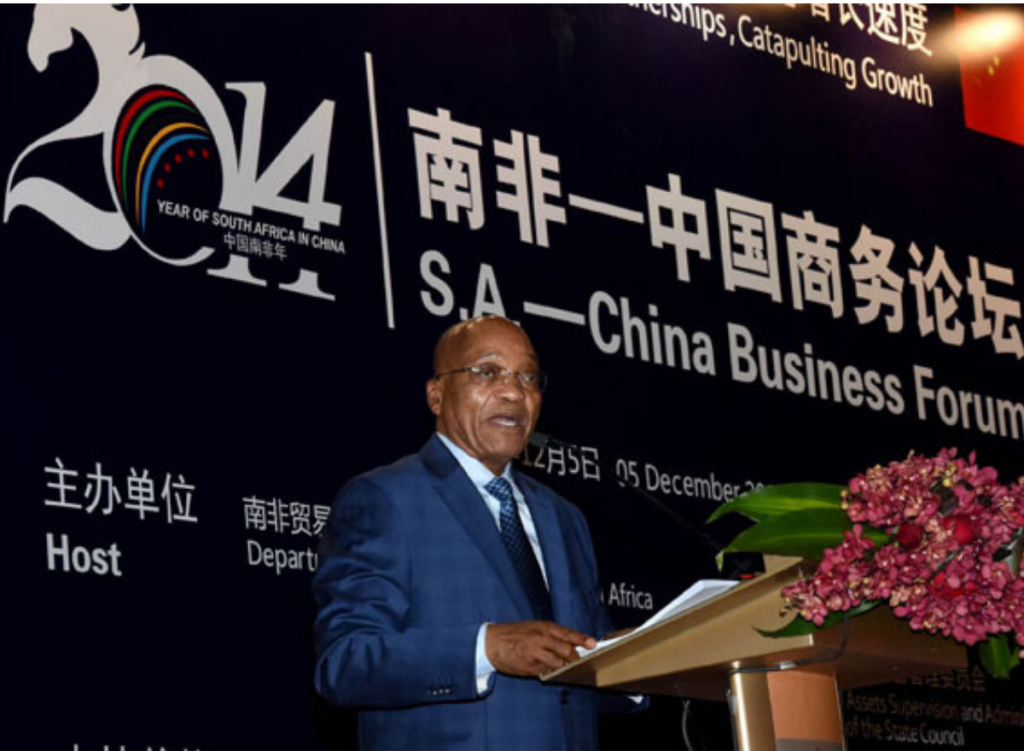
South Africa–China relations are developing at a steady pace, from the onset of formal diplomatic ties in 1998 to the multi-faceted partnership we see today.
Riding the Sudanese Storm: China, India, Russia, Brazil and the Two Sudans

This paper gives a thematic analysis of the Chinese, Indian, Russian and Brazilian engagements in Sudan after 2005, with particular interest in the changing nature and trajectory of these relationships after the establishment of South Sudan in 2011.
Ties with other emerging economies crucial
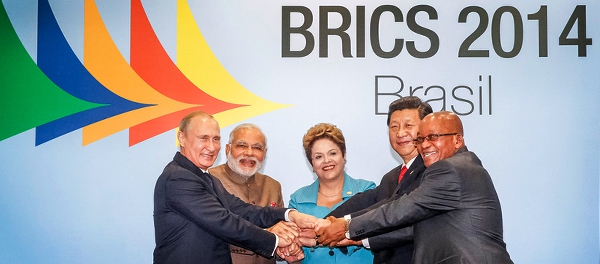
After five years of introspection and institution building, the sixth BRICS summit offers an opportunity for the group to focus on its relations with the rest of the world. Relations with the Group of 7 (G-7) are particularly contentious. Russia’s exclusion from the G-8 following the crisis in Crimea has moved the BRICS to the centre stage in Russian foreign policy thinking, and risks pulling the group onto an opposition footing with the West.
China and Mozambique: From Comrades to Capitalists
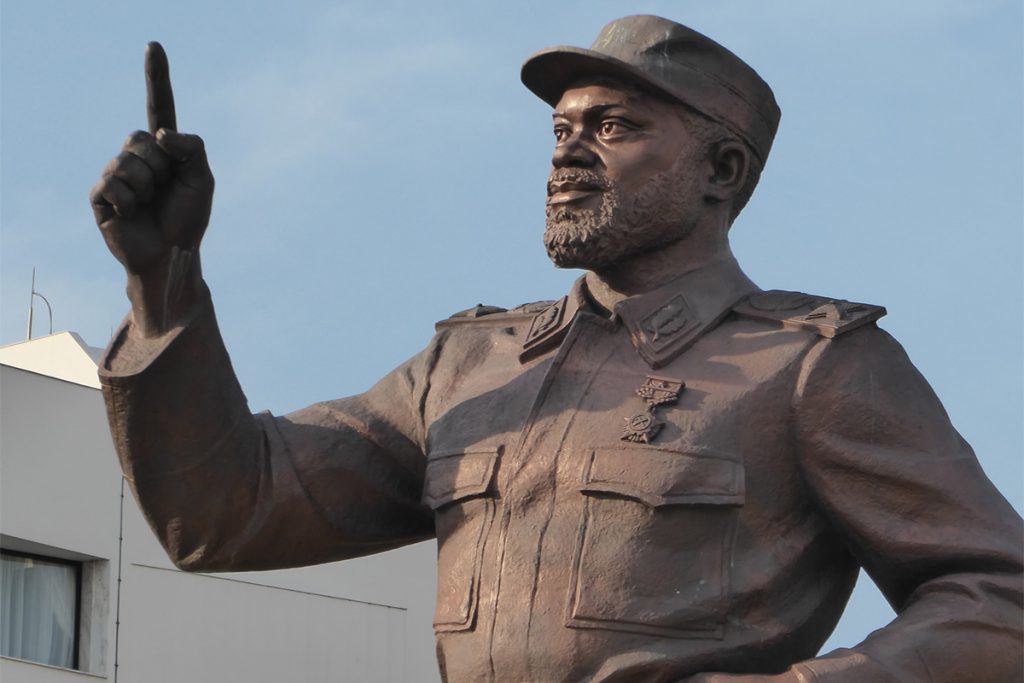
China’s rising position in African affairs, from that of quiescence to becoming a key economic actor on the continent, is now a well-recognized fact. A new book co-edited by SAIIA’s Chris Alden and the IESE’s Sérgio Chichava takes an in-depth look at China’s relationship with Mozambique.
China and Liberia: Engagement in a Post-Conflict Country 2003–2013

Once labelled by the international community as a failed state, Liberia has enjoyed something of a renaissance since it held its first truly democratic elections in 2005.
‘Oil for Housing’: Chinese-built New Towns in Angola

China has gained a foothold in the African construction sector through the provision of ‘resources for infrastructure’ loans. The dominance of Chinese companies is particularly evident in mega projects such as railways, major transportation arteries, public buildings, etc.
The way forward for the BRICS New Development Bank

2013 was a difficult year for the five BRICS countries. China and Brazil faced slowing growth, South Africa and India were hit by currency instability, and concern over Russia’s governance deepened (before recent events in the Ukraine pitched them into all-out crisis).
BRICS’ Public Diplomacy and the Nuances of Soft Power

How effective are the BRICS in inspiring confidence in their public diplomacy? This question lies at the heart of their soft power.
China’s Reforms, the Global Trading System, and South Africa’s Trade Strategy
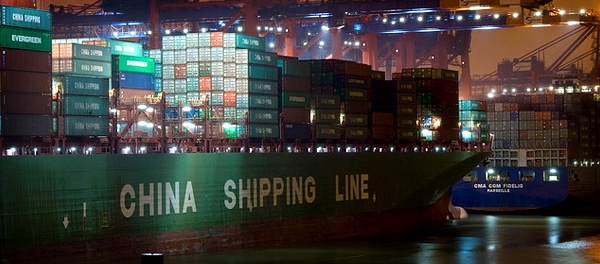
Go to any conference in the world and say ‘Doha Development Agenda’, and the room is likely to empty. But not in China. Recently I was impressed with the degree of interest amongst China’s trade policy elite in the future of the World Trade Organization (WTO), and the global trading system of which it is a part.
China–South Sudan: Governance in Emerging Relations
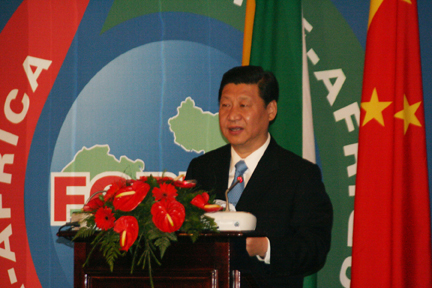
Away from news headlines about oil, conflict and political instability, China has been developing a more involved engagement with the government of South Sudan and its ruling party, the Sudan People’s Liberation Movement (SPLM).
